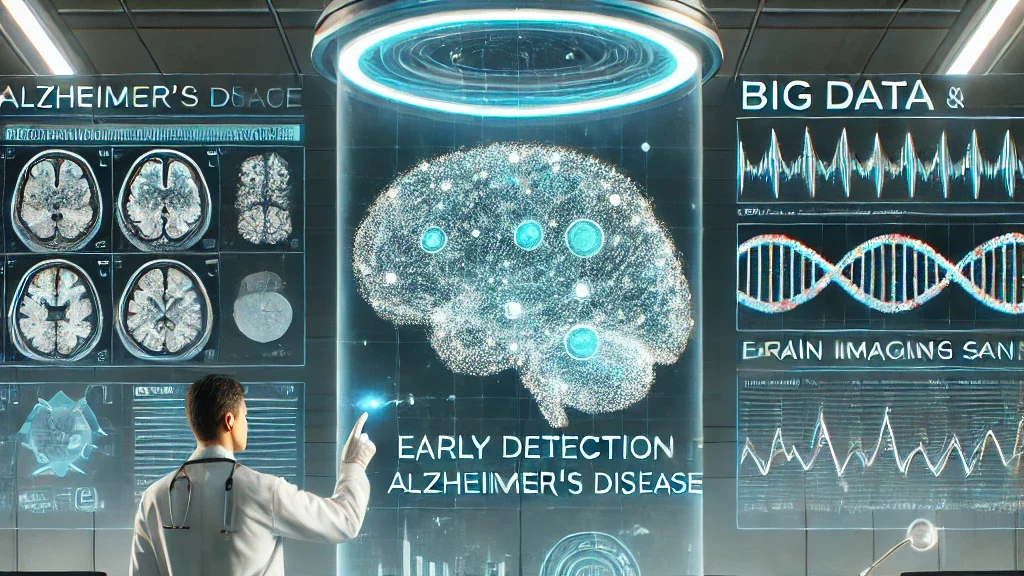
Alzheimer’s disease, a neurodegenerative disorder that affects millions worldwide, remains one of the most challenging diseases to diagnose early. Early detection is crucial as it can provide a window for intervention, potentially slowing the progression of the disease. In recent years, big data has emerged as a powerful tool to revolutionize early diagnosis and treatment of Alzheimer’s, providing hope for patients and families.
Big data encompasses vast datasets that include genetic information, brain imaging, clinical records, and cognitive testing results. By analyzing these datasets using machine learning and artificial intelligence (AI), researchers are uncovering early biomarkers of Alzheimer’s that were previously undetectable. For instance, brain imaging data combined with deep learning algorithms can detect subtle changes in brain structure years before symptoms arise, offering a new way to identify at-risk individuals.
Additionally, genetic data analysis plays a critical role in predicting Alzheimer’s risk. Through the study of specific genetic variants, such as APOE-e4, big data approaches can help pinpoint individuals more likely to develop Alzheimer’s. AI systems also integrate multiple data sources, such as lifestyle and environmental factors, to create predictive models that enhance early detection capabilities.
Platforms like Google Cloud Healthcare are instrumental in advancing this research, offering scalable infrastructure for data storage and analysis. The fusion of big data with healthcare is transforming how Alzheimer’s is diagnosed, paving the way for more personalized and timely treatment strategies.
References:
Google Cloud. (n.d.). Google Cloud Healthcare: Enabling data-driven insights for early disease detection. https://cloud.google.com/healthcare
National Institute on Aging. (2020). Alzheimer’s disease and related dementias: Early diagnosis and big data. https://www.nia.nih.gov